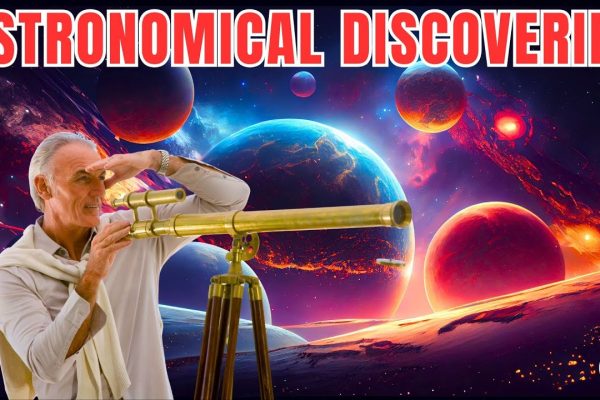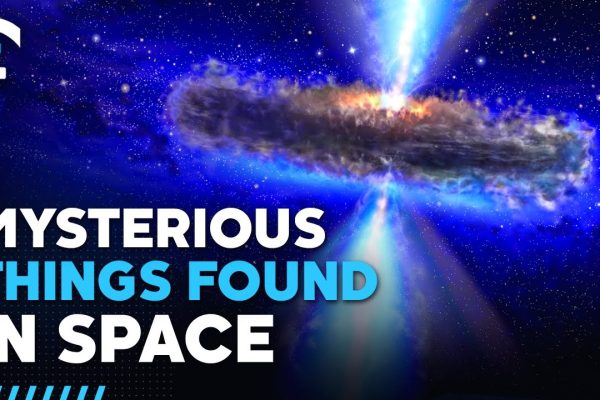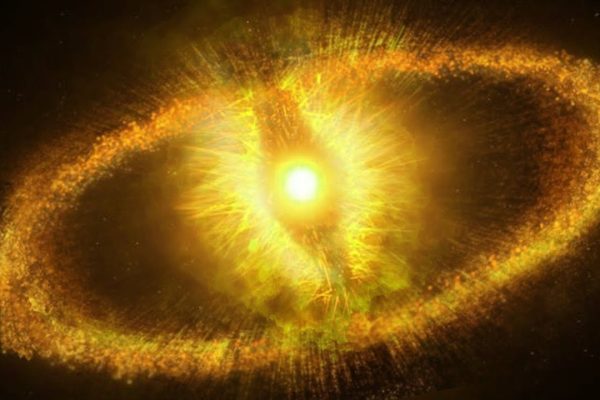
🔭🌌 Top 10 Most Groundbreaking Discoveries in the Field of Astronomy
The universe is vast and full of mysteries, and over the centuries, astronomers have made remarkable discoveries that have reshaped our understanding of space. From the realization that Earth is not the center of the cosmos to the detection of black holes and exoplanets, astronomy continues to unlock the secrets of the universe. In this…


